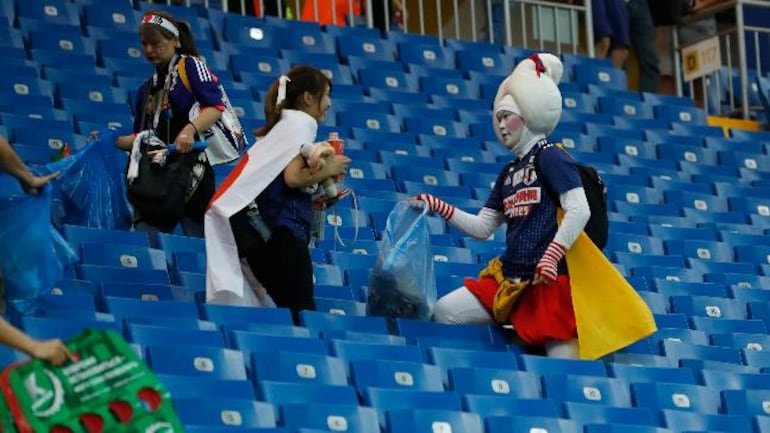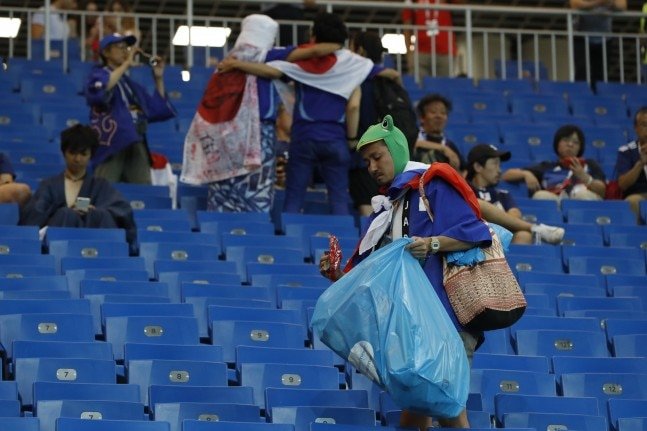A Good Ending and Three Options
After six frustrating months, in which we tried in vain to correct the unfortunate “accumulating trash” saga in Kennedy Park, we have positive news to report. Doug Elmendorf, Dean of the Harvard Kennedy School and his associate, Arthi Kasetty, heard our plea. Within 48 hours, the trash disposal situation had improved markedly.
Arthi Kasetty, Chief of Campus Operations at the Kennedy School, informed us that Harvard University Campus Services would resume regular weekend trash pickup coverage. Apparently, there had been an oversight in the weekend pick-up schedule and additional internal procedures to monitor the situation are now in place.
Stepping back (and perhaps forward), we discern three options in a situation like this:
Purchase new compactors that can sufficiently handle the amount of trash that accumulates over the weekend.
Increase the size of the work force, or have the current team make more frequent removals.
Those who use the park—largely students on the weekend—should ensure that the compactors are not overloaded. They can either bring along their own trash bags, or preferably carry out their own trash to dispose of properly and responsibly.
We had anticipated the first two options in our earlier blog post—they require time and money. The third option is distinctive. In this option, citizens clean up their own mess without passing the responsibility to other agents; “we” assume responsibility ourselves and consider the consequences of our own actions. There’s a lot of talk about citizenship these days—mostly with regard to the national political scene, but also beyond. Like so many virtues, it begins at home, and lasts throughout one’s lifetime.
In our previous blog post, we asked “Where does the buck stop?” we should all as individuals, stop thinking about passing the buck. In the case of littering, it involves changing our perspective on litter and having greater respect for our environment. The issue in question might well not have occurred in countries which have a different culture around litter—for example in Scandinavia, Switzerland, or Singapore.
In Singapore first-time littering offenders face a fine of up to S$2000. Repeat offenders may be fined up to S$10,000 and could be required clean public spaces (link).
Copenhagen is one of the cleanest cities in the world (link).
Japan is one country where leaving a mess for others to clean up would be unthinkable. Tourists are often surprised at the absence of public waste bins on Japan’s streets. Whether at home or abroad, the Japanese are accustomed to taking responsibility for their own trash. They have impressed citizens of other countries—for example at the last soccer World Cup in Russia, Japanese fans caused astonishment by bringing their own trash bags and cleaning up their litter before leaving the stadium, and a photo of their team’s locker room left spotless with a thank you note went viral (link).
Littering is of course a form of pollution. Its impact on the environment threatens our own health as well as the health of the planet. We are thankful to Harvard Kennedy School for solving the issue at John F Kennedy Park. However, we should all take stock of our own responsibility in ensuring a sustainable future, perhaps by learning from the example of other countries.
Addendum:
We were pleased to see this recent article in The New York Times (link here) that brings up many of the same points as our blog. The garbage problem in New York City is worsening, and in response the city has hired consulting firm McKinsey to research new waste containers for the city’s streets, inspired by those in European cities. Journalist Gina Bellafante points out that the real challenge is changing people’s mindsets, to decrease human consumption and generate less waste. She argues that people will not take responsibility for keeping a city clean if they feel entitled or that the city doesn’t invest in or care about them in return.




